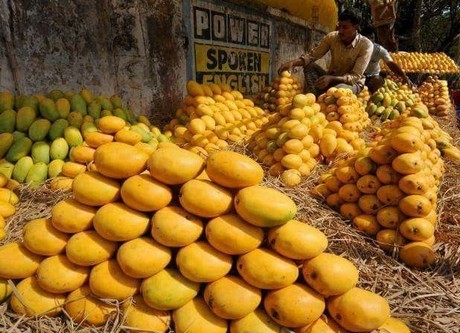BEIJING: From January to September 2021, Pakistan exported
37.4 tons of fresh and dried mangoes to China, which is more than 10 times
the 3.6 tons in the same period in 2020.
Even so, it is still less than 0.36 per cent of China’s total imports of 10,500 tons
of mangoes from January to September, according to a reported compiled by
China Economic Net (CEN).
In 2021, Sindhri mangoes cost 168 yuan (4,500 rupees) in China for 4.5 kg,
98 yuan (2625 rupees) for 2.5 kg, or about 40 yuan (1071 rupees)/kg. In the
same period, the price of mangoes in Panzhihua, Sichuan Province, China was
about 1/3 of the former.
It said, compared to Australian mangoes priced at Rs2145/kg, Pakistani
mangoes are not expensive in China.
In this regard, the person in charge of Joy Wing Mau Fruit Technologies
Corporation Limited said that price is not an issue, high quality is the
key.
China’s imported mangoes from Australia and Peru can be sold for 300-400
yuan (8034-10712 rupees) in 5kg packs, which are far more expensive than
Pakistani mangoes, but sales are still very good.
“Because of the high degree of industrialization of Australian mangoes, they
are just ripe when being shipped to China with good quality. However, when
Pakistani mangoes are shipped to China, the maturity of the fruit is
different, and the appearance and packaging of fruit are also the
restraining factor. To ensure the maturity and appearance of each box is the
key to boost sales.”
At the same time, packaging is also a key factor in mango sales. At the
CIIE, the crabapple wrapped in round transparent plastic attracted the
attention of many consumers, and they expressed their willingness to buy.
The person in charge of the booth said that this is a packaging designed for
traveling, making it more convenient to carry.




